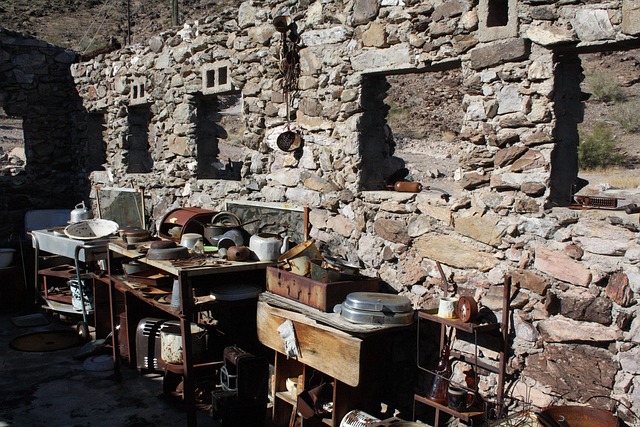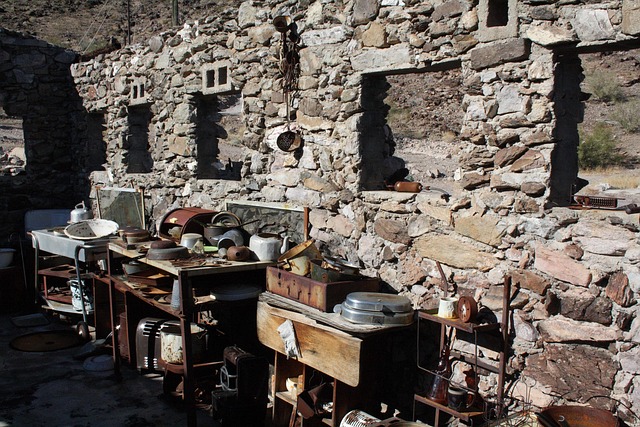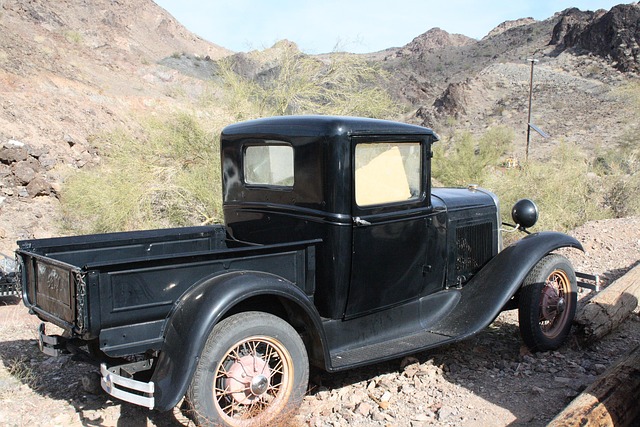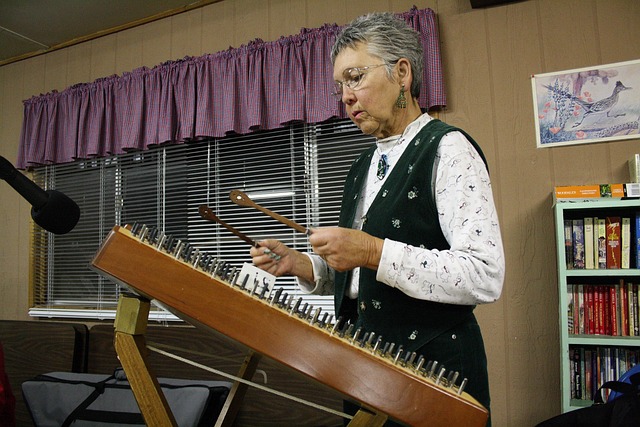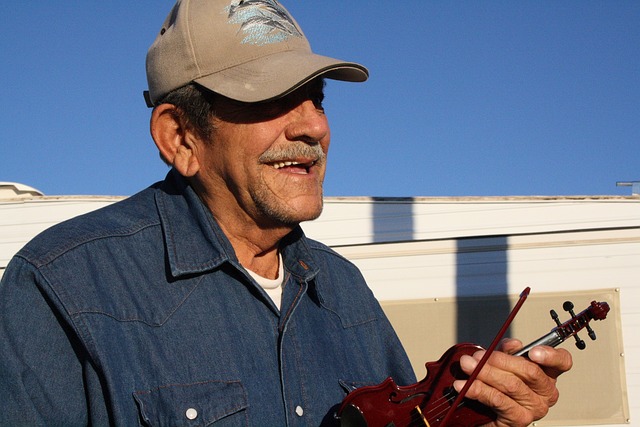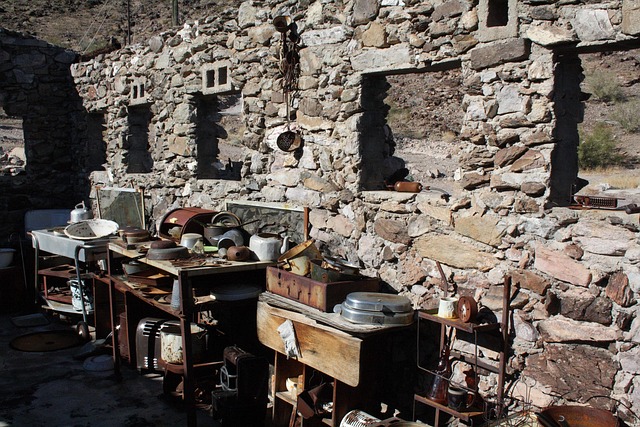Desert boondocking offers off-grid camping for adventurous souls seeking freedom, self-sufficiency, and untouched landscapes. It requires strategic planning similar to real estate hunting, balancing scenic beauty with potential challenges like limited resources or terrain. Adequate preparation includes research, robust equipment, power solutions, and hydration, ensuring a safe, enjoyable experience in breathtaking desert settings while respecting local regulations.
Discover the allure of desert boondocking—off-grid camping at its finest. This ultimate guide explores the basics, benefits, and essential tips for an unforgettable adventure. Learn how to navigate the unique challenges and unlock the tranquility of remote desert landscapes. From understanding essential gear to finding the perfect off-grid spot using real estate insights, this article covers everything you need to know for a successful and immersive desert boondocking experience.
Understanding Desert Boondocking: The Basics and Benefits
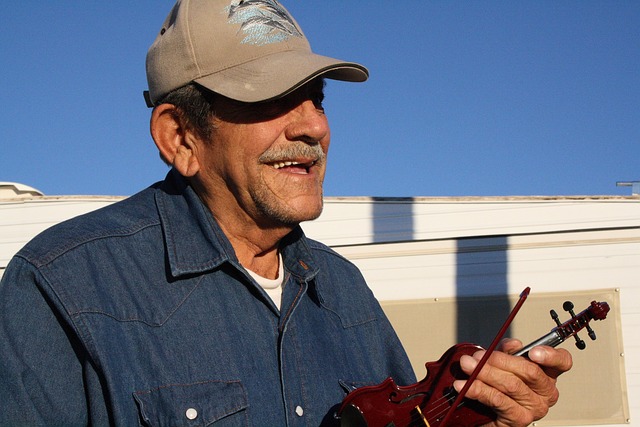
Desert boondocking, a form of off-grid camping, involves parking your vehicle and settling in remote desert areas, far from any developed infrastructure. It’s about reconnecting with nature while embracing self-sufficiency. Unlike traditional camping where you rely on campgrounds and amenities, boondocking requires preparedness and knowledge to navigate the unique challenges of arid environments.
The appeal lies in its freedom and seclusion. Boondockers can explore vast expanses of untouched land, stargaze under a crystal clear sky, and immerse themselves in breathtaking landscapes. It’s not just about escaping modern conveniences; it’s about gaining a deeper understanding of the Earth’s natural rhythms. For those who own off-road vehicles or RVs equipped for rugged terrain, desert boondocking offers an exhilarating way to experience real estate at its most pristine and untamed.
Finding the Perfect Desert Off-Grid Camping Spot: A Real Estate Perspective

Finding the perfect desert off-grid camping spot is akin to a real estate hunt, requiring meticulous planning and a keen eye for detail. Campers must consider location, accessibility, and environmental factors. Just as in the property market, prime locations offer breathtaking views and unique experiences but may come at a premium. Remote areas might be less crowded but can present challenges like limited resources or unpredictable terrain.
Real estate principles apply here too; location is key. Desert campers seek spots with scenic beauty, perhaps near towering sand dunes or tranquil oases. They also consider the potential for solitude and quietude, away from bustling tourist routes. Moreover, understanding local regulations and zoning laws is essential to ensure legal and sustainable off-grid camping practices, just as buyers assess property titles and building codes before making an investment.
Tips and Essentials for a Successful Desert Boondocking Adventure

Embarking on a desert boondocking adventure offers a unique connection with nature, but it requires careful planning to ensure a successful and safe experience. Before setting off into the vast expanse of sand, there are several essential tips to keep in mind. First, research and choose a suitable location; understanding the local climate, terrain, and wildlife is crucial for navigating any challenges that may arise. Ensure you have all the necessary permits and respect private property boundaries – real estate in these areas can be sparse and valuable.
Equipment and supplies are another vital consideration. Pack sturdy, off-road capable vehicles with ample water, food, and emergency kits. Solar panels and generators can provide power for essential electronics, while high-quality camping gear designed for rugged conditions will enhance your comfort. Stay informed about weather forecasts, especially heat-related warnings, and always prioritize hydration during outdoor activities. With the right preparation, desert boondocking offers a once-in-a-lifetime experience, allowing you to explore breathtaking landscapes undisturbed.

